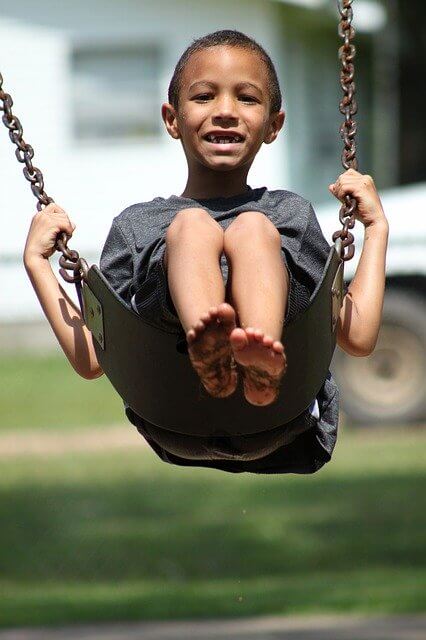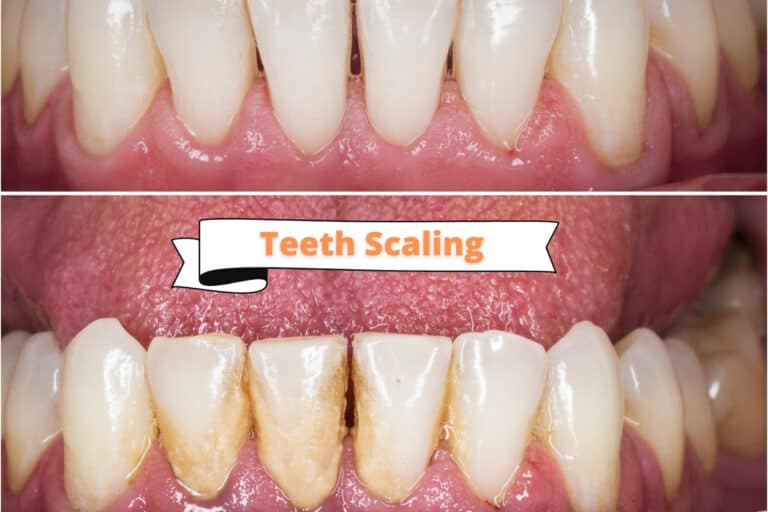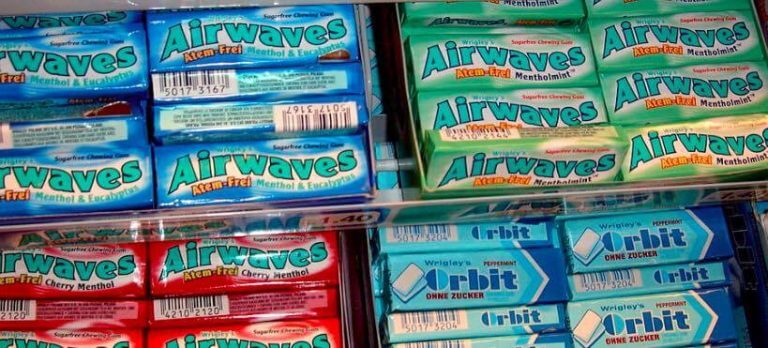Kids That Don’t Brush Their Teeth
One of the common struggles of parenthood is dealing with kids that don’t brush their teeth. Although frustrating for the parent, it is very common for children to go through phases where they resist and fight against tooth brushing.
As a dentist in private family practice, I see LOTS of children. I can reassure all parents, you are not not alone. There are many kids that don’t brush their teeth.
For kids, it is of great importance that they brush twice per day using a soft toothbrush for two minutes. Actually getting kids to go this however, is a whole different issue. Consistency is everything – but when kids resist brushing it can be very frustrating (not to mention kids can get stinky breath).

Three tactics to deal with kids that don’t brush their teeth
When kids do not want to brush their teeth – there can be many causes. More often than not it is a phase that they will pass through. Finding the persistence to break through is often very frustrating.

Common causes for kids not wanting to brush their teeth
- Control and independence
- At many different stages throughout their development, children go through periods of wanting to exert self control. When young children first develop minor independence as toddlers, when they attend early schooling, and also during puberty – it is very common for children to want to gain control/independence.
- As teenagers it is very reasonable for children to have control of their own tooth brushing – and there are motivational strategies for even the most rebellious or stubborn teen that are effective.
- Until children are around nine years old however, experts and experienced professionals recommend supervised brushing or parental brushing for children. This gives the best possible outcome for your kids teeth. It can be frustrating for parents of resistant kids to know this – however it is a proven fact that children benefit from this approach even when they are extremely resistant to parental brushing.
- Although not hands on – supervised brushing as possible is recommended for all children until the teenage years
- Not understanding or caring about hygiene
- Children often do not care about personal hygiene and smelly breath
- The majority of children will develop an awareness of the importance of good looking/clean teeth through social cues from peers of the public.
- Although it can be beneficial to positively reinforce the benefits of brushing – overuse of scare tactics can render them meaningless.
- Sensory issues
- A difficult issue to deal with when it comes to getting children to brush is sensory issues
- A child that is hypersensitive to touch or feel commonly do not enjoy or permit brushing
- These children commonly suffer from adverse teeth outcomes and even common strategies can fall short

Common Tactics to Deal with Kids That Don’t Brush Their Teeth
- Consistency and Patience
- A hundred “No’s!” can turn into a single “Ok”. Tooth brushing is a lifetime marathon.
- Don’t be disheartened by a duration of tooth brushing resistance – the long term benefit of persistence is huge. Stick in there!
- Reward or Bribery
- A minor reward (usually an activity or playtime that would be likely awarded anyway) that you can tie to acceptance and participation of tooth brushing – is a very effective strategy.
- An example is that many parents will only read a certain bedtime book to their young child if they allowed their teeth to be brushed.
- Chore Charts and Achievement Charts
- It is a little ridiculous how effective a sticker chart can be for 4-10 year olds
- When implemented well – this tool is super effective
- Fear Motivation
- Fear is not often a useful tool to motivate children when it comes to tooth brushing
- A minor scare “germs are GROWING on your teeth when you don’t brush YUCK” can be effective. Typically “Your teeth will rot or you will need FILLINGS” is not an effective strategy.
- Especially in the early years – most parents regret relying on this motivating factor to encourage brushing
- Once peer pressure kicks in – kids often try to improve their teeth or breath by over brushing or using adult mouth rinse.
- Providing the tools (toothbrushes and toothpaste) and information (show them how to brush, buy an electric toothbrush, or visit your family dentist) will give you a good outcome.
- During the times that this strategy becomes the most effective – kids often are not keen to listen to their parents. Get an older sibling OR a dentist (seriously it works) to help them during this time
The most important things to understand when it comes to children and brushing is consistency.
- Do NOT be demotivated when your kid refuses to brush
- You are not the only one who has a kid that does not brush their teeth
- Persevere even when it seems impossible to achieve the goal
- Consult their teacher or school to see what motivation and techniques you can reinforce at home
- Understand that children often go through phases when it comes to toothbrushing – and the strategies to motivate them may need to change over time
If your kid ends up with Invisalign in the future, they will need to be extremely good at brushing to avoid stain or decay. Avoiding problems with wisdom teeth when they are older too also comes down a lot to oral hygiene and good brushing.
Conclusion
Even if the road seems tough or impossible – your kids will thank you for strong healthy teeth without having to go through major dental work. Sometimes dental work is unavoidable – but it is amazing how effective preventative dental care can be for young kids.






